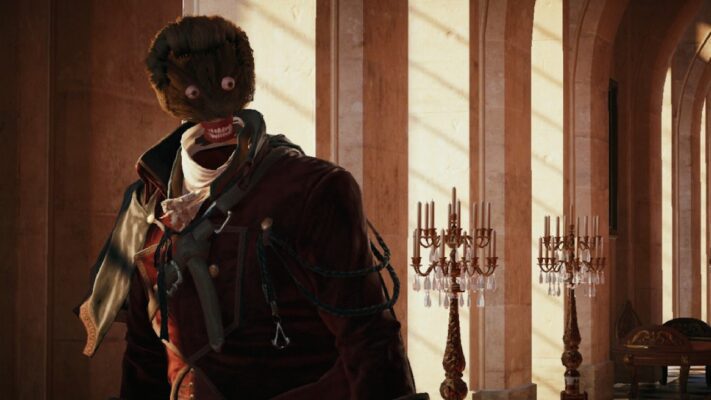Article
Assassin’s Creed and its Slow Demise Over the Past Decade
Assassin’s Creed and its Slow Demise Over the Past Decade
I remember the excitement I felt in 2014 when Ubisoft announced the release of two Assassin’s Creed games in the same year: Assassin’s Creed Unity and Assassin’s Creed Rogue. It was a bold move, a gambit that I thought might push the franchise into new heights. Instead, it marked a turning point that many of us look back on as the beginning of the series’ decline.
When Assassin’s Creed Unity hit the shelves, it was supposed to be the crown jewel of the series. Set against the backdrop of the French Revolution, it promised a stunningly detailed open world, a gripping story, and a fresh multiplayer experience. However, what we got was a game marred by a series of issues that would come to define its release: glitches, crashes, and an assortment of other technical problems. I remember the initial buzz around the game. Everyone was eager to dive into the chaos of revolutionary Paris, to walk through the streets and interact with a living, breathing city. But then, reports started to surface—frames dropping, characters vanishing, and even the infamous “face glitch” where characters would appear without faces. It wasn’t long before these issues overshadowed what should have been a triumphant release.

Ubisoft’s decision to launch Assassin’s Creed Unity alongside Assassin’s Creed Rogue was, in hindsight, a miscalculation. Rogue, aimed at the older generation of consoles (PlayStation 3 and Xbox 360), was overshadowed by the buzz around Unity. It was like trying to put a spotlight on a small stage when the main event was happening in the spotlight right next to it. Rogue, despite being a solid entry in its own right, didn’t get the attention it deserved, and its presence felt more like an afterthought than a complementary release. The dual launch didn’t just dilute the market; it also stretched Ubisoft’s resources thin. Managing two major releases simultaneously is no small feat, and it showed. While Unity was supposed to showcase the next-generation capabilities of the series, the game’s issues revealed the cracks in Ubisoft’s approach. The company’s focus seemed divided, and it felt like neither game got the full attention it needed to shine.
The fallout from Unity’s troubled launch affected the series in ways that became evident in the years that followed. The franchise’s reputation took a hit, and while subsequent entries like Assassin’s Creed Syndicate and Assassin’s Creed Origins made strides to restore faith, the damage had been done. The excitement surrounding the series had waned, and Ubisoft’s decision to push out games at such a rapid pace contributed to a sense of fatigue among players.
Looking back, it’s clear that Assassin’s Creed Unity and the concurrent release of Rogue marked a pivotal moment for the series. The issues with Unity and the overshadowed release of Rogue highlighted a series of missteps that would have long-lasting repercussions. It wasn’t just about a single game’s failures but rather a reflection of the broader challenges the series faced as it tried to innovate while keeping up with an ever-growing fanbase and an increasingly complex gaming landscape. The lessons from Unity’s launch are a testament to the challenges of balancing innovation with stability, and they remind us of the delicate dance game developers must perform to meet the expectations of their audience. While the Assassin’s Creed series has certainly evolved since then, the impact of that fateful year remains a sobering reminder of how even the most anticipated releases can falter under the weight of high expectations and rushed timelines.

